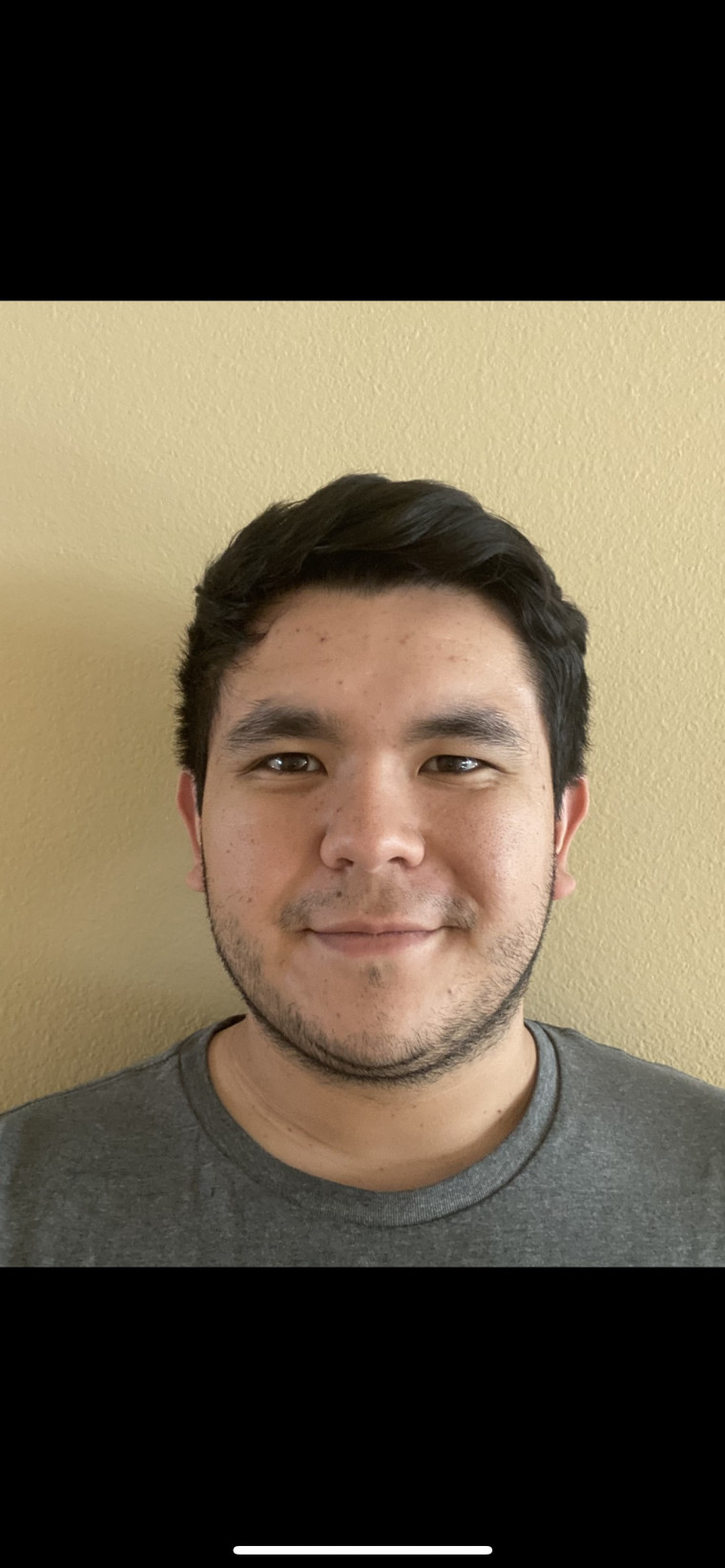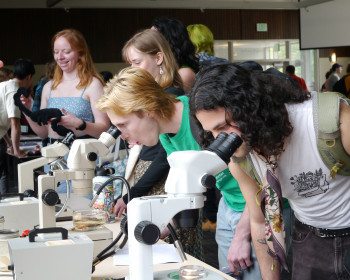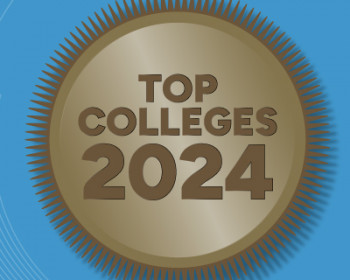Dimetrius (Nano) Casares
The most important thing I think I learned at L&C was to keep pushing and asking question when things seem confusing. Turns out recruiters really like when people have an attitude of not giving up on a problem and who look to answer hard questions.

Pronouns
Degree and Class Year
Current City
Major
Extracurriculars
Job Title, Organization
Continuing Studies
What three words would you use to describe L&C?
What made you want to come to Lewis & Clark?
I wanted a small school that focused on education it’s students and that also felt interconnected.
What have you been doing since graduation?
Since graduating from the graduate school, I initially found myself working at a grocery store and being a delivery driver. I was quite exhausted (if not burnt out) from so much schooling and I needed to focus on my mental and physical health. With the help of friends and other acquaintances, I ended up working at Tesla helping manufacture the new 4680 batteries. This is where I became enamored with battery technology and materials science and engineering. I then jumped over to Rivian doing battery research!
How did Lewis & Clark prepare you for post-college life?
It was the math major that really ingrained the concept of constantly asking questions and doing my own research (and computations) in order to contribute to battery research and development. My MEd helped me communicate effectively with coworkers and those in higher positions.
What would you say is the most important thing you learned at Lewis & Clark?
The most important thing I think I learned at L&C was to keep pushing and asking question when things seem confusing. Turns out recruiters really like when people have an attitude of not giving up on a problem and who look to answer hard questions.
Why did you major in Mathematics?
I originally wanted to major in linguistics but since there is not a linguistics major at L&C, I opted for mathematics as the closest thing. It was challenging but I think it really made who I am today.
How do you stay connected to Lewis & Clark as an alum?
I try to connect with old friends but so far I’ve been busy with work!
How do you describe the liberal arts?
I’d describe liberal arts as broadening your scopes and not just only focusing on one thing. If there was an international affairs minor, I would have had it listed in my school profile. I took numerous classes in it from Foreign Policy to Middle Eastern Politics.
What was your favorite class? How did it expand your knowledge?
Philosophy 101, Logic, was my favorite class. It helped me start thinking critically about how arguments are made. Rather than focusing on the content of an argument, we learned to look at how arguments are structured, their ‘algebra’ so to speak. Don’t pay attention to what is being argued, rather look at how the point is being argued. This broke my head at first, but once the class started diving even deeper, the more fascinated I was.
Where did you find your community on campus?
I found my community on my dorm floor and the math department! I was exposed to so many things that at first, I felt uneasy and even pushed back a few times. As time went on, the more my mind grew and my willingness to understand and listen to people’s ideas and experiences. My friend group really helped me get through the good and the bad of college. I’m glad that I had a great web of friends.
Who was your mentor on campus? Why do you consider this person your mentor?
My mentor was Professor of Math Liz Stanhope. She saw that I was struggling in her and other math classes. She tried multiple ways to help me grow my math maturity. She did even more so when I was diagnosed with two learning differences during my spring semester of junior year! (Spring 2017). She instilled the concept of a growth mindset. Math can be off-putting when others around you are ‘doing better than you’. She kept telling me to “stop focusing on what others are doing. Someone will always do something ‘better’ than you or me. I know you can do this because I’ve seen that you very well can. Keep pushing for continuous improvement.”
More Admissions Stories
Admissions is located in Frank Manor House on the Undergraduate Campus.
MSC: 32
email admissions@lclark.edu
voice 503-768-7040
fax 503-768-7055
Vice President of Admissions and Financial Aid
Eric Staab
Admissions
Lewis & Clark
615 S. Palatine Hill Road
Portland OR 97219

